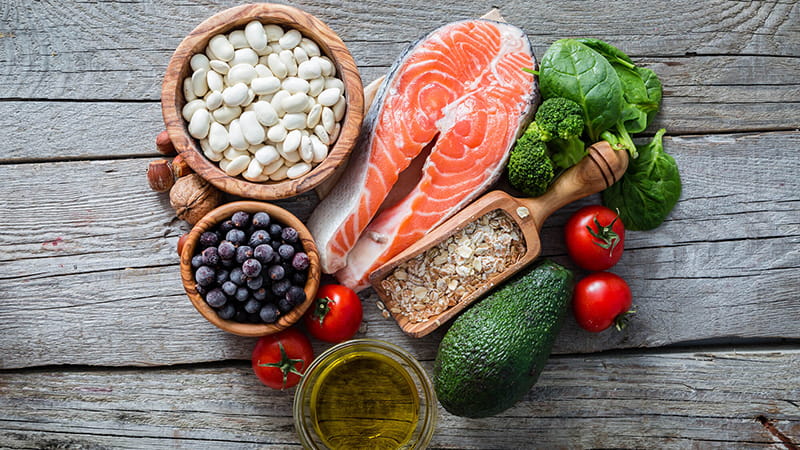Decoding the Mysterious Key to Dietary Health: An Odyssey to Unlock the Profound Link between Nourishment and Vitality
published on

In every fleeting instant of our existence, diet stands by our side like a silent yet highly influential comrade, quietly forging the destiny of our well-being.
In today's world, the choices of food are so rich and diverse that they can leave one in a state of bewilderment. But within this profusion lie numerous enigmas that hold the power to impact our health. The numerous fast food items that populate the streets and lanes, despite being convenient and delicious, possess the traits of high salt, high oil, and high calorie content, acting like "health assassins" lurking beneath the allure of flavor. Those who rely on such fast food over an extended period may gradually notice various abnormal signals emerging within their bodies. For instance, excessive intake of salt may lead to elevated blood pressure, heightening the risk of cardiovascular ailments. According to statistics, in regions where fast food culture predominates, the incidence of hypertension is exhibiting a worrisome upward trajectory.
And those overly processed foods, although seemingly having enticing appearances and convenient consumption methods, may actually contain a large quantity of additives and preservatives. These chemical substances, when accumulating in the human body over a long duration, can potentially cause harm to vital organs such as the liver and kidneys. For example, some common synthetic pigments and flavor enhancers, through extensive research, have been found to possibly interfere with the normal metabolic functions of the human body and affect the normal operation of the nervous system.
However, when we shift our attention to natural and healthy foods, it is as if we are opening a portal to a treasure trove of health. Fresh vegetables and fruits are replete with various vitamins, minerals, and dietary fiber, resembling magical gifts bestowed upon us by nature. Vitamin C has antioxidant properties, capable of helping us fend off the assaults of free radicals and slow down the aging process; dietary fiber can stimulate intestinal peristalsis and prevent intestinal disorders such as constipation. Take blueberries as an example, they are rich in anthocyanins with potent antioxidant capacity, playing a positive role in safeguarding the eyes and the cardiovascular system.
Whole grain foods are also an essential component of a healthy diet. Compared with finely processed grains, whole grains retain more nutrients such as B vitamins, dietary fiber, and various trace elements. Long-term consumption of whole grain foods can reduce the risk of chronic diseases such as diabetes and cardiovascular disorders. For example, oats are a highly popular whole grain food. The beta-glucan they contain can lower cholesterol and stabilize blood sugar levels.
High-quality sources of protein are equally indispensable. Foods such as lean meat, fish, beans, and nuts are rich in high-quality protein, which is crucial for maintaining the normal physiological functions of the body. The unsaturated fatty acids in fish are beneficial to cardiovascular health, while the plant protein in beans is an important source of protein for vegetarians.
Each one of us should become the guardian of our own dietary health. Learn to read food labels, understand the ingredients and nutritional value of foods, and avoid choosing those that are detrimental to health. Reasonably plan our dietary structure to ensure that we can ingest sufficient amounts of various nutrients every day. At the same time, we should also inherit and carry forward a healthy food culture, making healthy eating an integral part of our lives.
Let us reexamine our plates and use wisdom and action to unlock the health code within our diet and embark on a journey brimming with vitality. Because every morsel of food is quietly influencing our future.